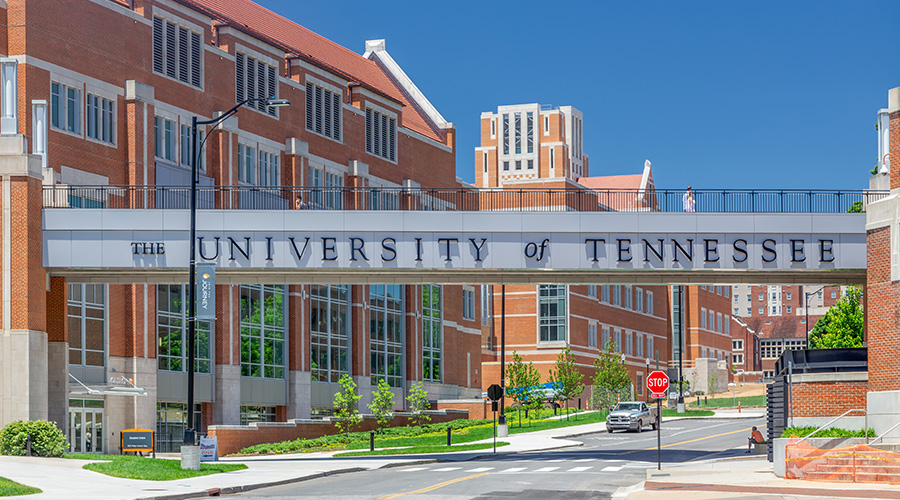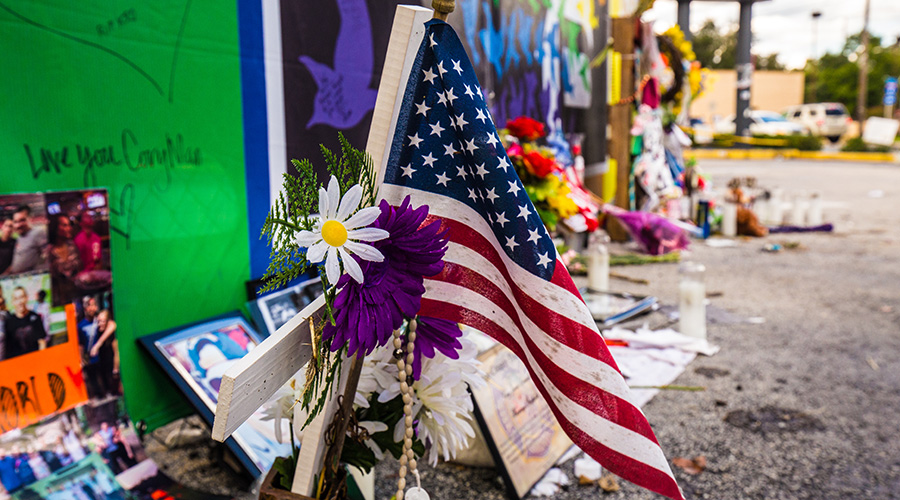Experts: Communication is Most Important Part of Emergency Preparedness
Frequent, honest communication with occupants and tenants is the most important part of emergency preparedness, experts say. Anderson says another charge of the committee in the run-up to the NATO Summit was both to gather information provided by the host city and law enforcement, and to relay that and other information to tenants.
"We started meetings with our tenants in February for the May Summit," he says. "We did PowerPoints and explained what our plans were based on what the city is doing." Anderson says the goal should be to take as much information as the city provides — regarding road closures, public transportation shutdowns, security perimeters, etc. — and craft individual well-communicated building plans around that.
Patricia Nooney, senior managing director in the Tampa office of CBRE, says her organization is taking a similar tack in preparation for the Republican National Convention. "We're communicating early and often," she says. "We held a series of town hall meetings with tenants and gave them updates from the Tampa Police Department and Homeland Security." Additionally, says Nooney, all tenants are on an email blast that is being sent now whenever there's news, but will be sent daily during the event.
Events like the political conventions are classified as National Special Security Events, meaning, among many other things, that the Secret Service is primarily in charge of security for these events. One of the downsides from a facilities standpoint to this is that information may not be disseminated quite as quickly as facility managers would like. As important as it is for facility and property managers to prepare, too much information too soon would also allow those bent on mayhem to prepare as well. "They release information on their timeline, not ours," says Nooney. For instance, in Charlotte, Bulla says information hasn't yet been released about the security perimeter and other key pieces of information. Tampa is the same, says Nooney, though she says they can make a pretty good guess.
This is another reason it's doubly important to communicate frequently about what is known. "You don't want employees operating on rumors," says Stewart. "The more information they get, the more comfortable they'll be."
Making sure staff is comfortable with and prepared for what might take place is critical as well, says Rosenbluth. "Personnel need to be able to discern between a threat and legitimate protest activity. We don't want to inhibit anyone's right to free speech or protest. Property managers need to know limits of acceptable conduct."
3. Visitors In, Visitors Out
Knowing precisely who is in a building at all times — and exactly what he or she is doing there — is another absolutely critical component of planning for high-security events. Rosenbluth suggests starting by reviewing local ordinances regarding trespassing, and making sure all on the facility and security team know "what is legal in terms of individuals accessing properties. It's important to have a plan for segregating folks who are there legitimately from those who may try to gain unauthorized access," he says.
For high-rise buildings, especially hotels and buildings near a security event, visitor management is especially important. "Anarchist groups want to get to high locations to unfurl banners," says Bulla. "Any buildings that face a venue need to be highly manned. You'd be irresponsible to the point of negligence if your building is open."
Before the NATO Summit, Anderson says he and his team looked at all Jones Lang LaSalle properties, identified the total number of entrances at each, and decided whether to keep all, some or only a few open.
Additionally, he says his team looked at whether the lobby was open or closed — and if open, "we'd help them identify an access control policy. If a visitor comes on site, we'd ask them who they're calling on and where they're going; just verifying that visitors have legitimate reasons for being there."
Nooney says that during the RNC in Tampa, the organization's night and weekend visitor management policy, that all visitors must badge in and out, will be instituted during the weekdays as well.
The biggest thing, says Stewart, again harkening back to the idea that security shouldn't be a one-time consideration, is to "make it part of the culture at the facility for occupants to ask, 'Who are you?'"
Related Topics:













